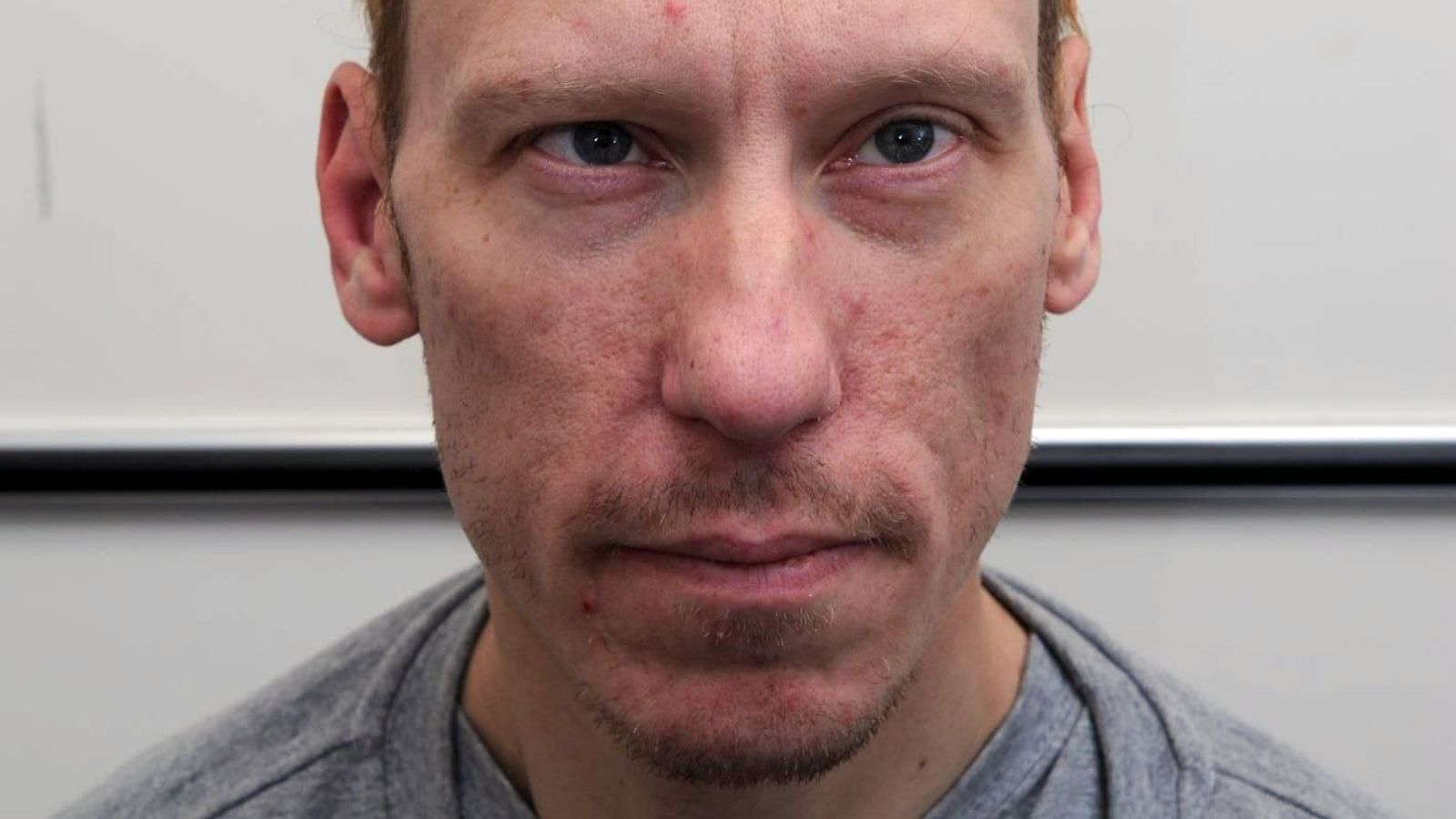Serial killer Stephen Port’s first victim may have lain dead for more than a day before his body was discovered, an inquest has heard.
Anthony Walgate, 23, was found propped up against a wall outside Port’s block of flats on Cooke Street in Barking, east London, in the early hours of 19 June 2014.
It was the first of four drug-related murders of young, gay men carried out by Port over a 16-month period.
The long-awaited inquest into the deaths is examining whether police made mistakes in their investigation which could have cost lives by failing to stop Port sooner.
Home Office pathologist Dr Olaf Biedrzycki confirmed on Tuesday that Mr Walgate, who worked as an escort, died after being poisoned with excessive quantities of the drug GHB.
Andrew O’Connor QC, counsel to the coroner, said: “The evidence will be that Anthony was alive on Tuesday June 17 and was in touch with some friends and went to Barking that evening.
“We know he met Stephen Port, his body was found in the morning of Thursday June 19.
Sarah Everard: All police forces in England and Wales to review allegations involving serving officers following marketing executive’s murder
Metropolitan Police offering £20,000 reward as part of Tower Hamlets Cemetery Park murder inquiry
Met Police forensic scientist to stand trial accused of misconduct in public office
“The first question is whether in 2014 you (Dr Biedrzycki) were asked to provide an opinion as to when within that time of one-and-a-half days Anthony may have died, and second whether you can have a view now?”
Dr Biedrzycki said bruising found on Mr Walgate’s body was consistent with him being moved while still alive – even if unconscious or near-death.
“I don’t think he was dead when those bruises occurred,” he added. “But if he was quite unwell with low pulse, low blood pressure, if he was in the process of dying, it’s possible they would have formed.”
The inquest previously heard that a paramedic and police officers all thought Mr Walgate’s death was suspicious, but were later contradicted by a forensic medical examiner.
Dr Mark Munro, who arrived later that morning, confirmed Mr Walgate’s death and recorded it was “probably non-suspicious” on a form, the inquest was told.
The alarm was first raised by Port himself, who initially said he had discovered Mr Walgate making a “gurgling” sound.
In his 999 call, Port claimed not to know what happened to Mr Walgate but later told police they met for a sexual relationship, inquest jurors heard.
He also admitted he had picked him up, dragged him away and propped him up against the wall.
Port was later convicted of lying to police about the circumstances of Mr Walgate’s death.
Fellow victims Gabriel Kovari, 22, and Daniel Whitworth, 21, were found dead by the same dog walker on 28 August and 20 September 2014, respectively, in a corner of a walled cemetery near Port’s address.
The final victim, Jack Taylor, 25, was found on the other side of the stone wall on 14 September 2015.
Port, now 46, was found guilty at the Old Bailey in 2016 of the four murders and sentenced to a whole life order.
The inquest continues.






















